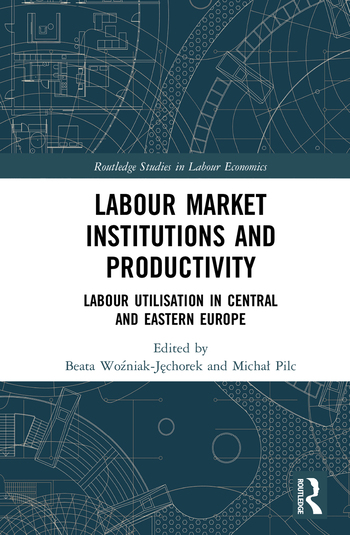Project Duration: 2018 - 2020
Using historical sources and available datasets of sociological and statistical surveys, the project aims to compare the history of stratification research and the development of social structure in the Czech Republic, Hungary, Poland and Slovakia since the communist times, also in comparison with Austria. First, the history of stratification research will be investigated from its empirical beginnings up to present time. Second, the leading concepts of stratification research since 1990 will be explained. Third, the trends in the main dimensions of social structure in individual countries will be described, including mobility patterns and the perception of inequality . Fourth, the focus will be on the units of social structure in view of changing family and household structure. And fifth, the change in relationships of ‘vertical’ and ‘horizontal’ dimensions of social structure will be analysed. Besides other data, the comparative European statistical survey EU-SILC will be mainly used which is only rarely exploited for stratification purposes.
Principal Investigator:
Members of the project team:
Co-investigators outside the institute:
- Jan Drahokoupil, PhD.
Themes:
Social Inequalities
Contracting authority:
Grant Agency of the Czech Republic
Department:
Related Publications:
Empirical Research on Social Stratification in the Visegrád Countries: An Overview.
Themes: dejinysociologie, socialninerovnosti
Sociologická žurnalistika, aneb české časopisy sociálněvědních aktualit
Themes: dejinysociologie
Evangelíci na Těšínsku a jejich čeští, moravští a slovenští souvěrci
Themes: nabozenstviareligiozita
Bez slávy i bez diskuse, aneb ordinace žen v českých církvích
Themes: nabozenstviareligiozita
Low-Wage Employment in Czechia: A Persistent Burden
Themes: ekonomie, mzdyaprijmy, prace
Retirees are also stratified: pre-retirement socio-occupational status and the well-being of older adults in Central Europe
Themes: socialninerovnosti, vekastarnuti, zivotniuroven
Part-Time Employment in Central and Eastern Europe: A Cross-Country Analysis
Themes: ekonomie, prace
Setting Social Status in Couples and Partners’ Budgetary Discretion in Central European Countries
Themes: socialninerovnosti, zivotniuroven
Regional Patterns of Social Differentiation in Visegrád Countries
Themes: mestoavesnice, mzdyaprijmy, prace, regiony, socialninerovnosti, vzdelani
Ranking objective and perceived inequality
Themes: mzdyaprijmy, socialninerovnosti

